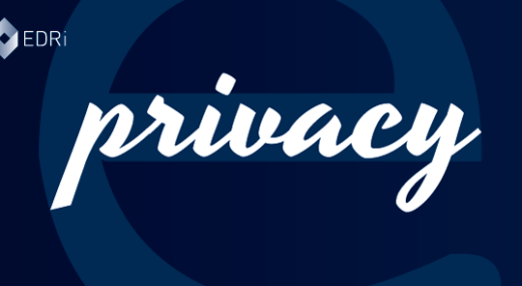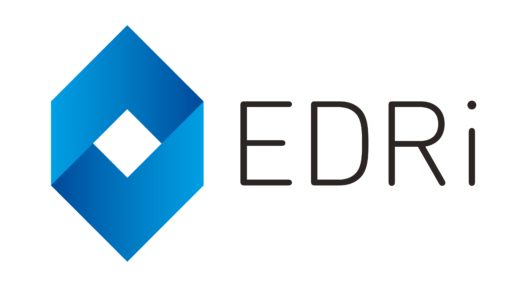eprivacy regulation
Filter by...
-

Council continues limbo dance with the ePrivacy standards
It's been six-hundred-fifty-two days since the European Commission launched its proposal for an ePrivacy Regulation. The European Parliament took a strong stance towards the proposal when it adopted its position a year ago, but the Council of the European Union is still only taking baby steps towards finding its position.
Read more
-

Five reasons to be concerned about the Council ePrivacy draft
The amendments improve the original proposal by strengthening confidentiality requirements for electronic communication services, and include a ban on tracking walls, legally binding signals for giving or refusing consent to online tracking, and privacy by design requirements for web browsers and apps.
Read more
-

How the online tracking industry “informs” policy makers
Following the entry into force of the General Data Protection Regulation (GDPR), the online advertising industry’s lobbying efforts moved to undermining the ePrivacy Regulation proposal.
Read more
-

EU Council considers undermining ePrivacy
On 19 October 2017, the European Parliament’s LIBE Committee adopted its report on the ePrivacy Regulation.
Read more
-

Civil society calls for protection of communications confidentiality
On 31 May EDRi, Access Now, and Privacy International met attachés to the EU Council (representatives of EU Member States) who work on the ePrivacy Regulation proposal.
Read more
-

EU Member States fight to retain data retention in place despite CJEU rulings
EU Member States are still working to adopt their position on the ePrivacy Regulation proposed by the European Commission in January 2017. A number of draft compromise texts have been published by the Council Presidency before discussions in the Working Party on Telecommunications and Information Society (WP TELE).
Read more
-

ePrivacy: Civil society letter calls to ensure privacy and reject data retention
On 23 April 2017, EDRi, together with other civil society organisations, sent a follow up to our previous open letter to the permanent representations of EU Member States in Brussels. The letter highlighted the importance of the ongoing reform of Europe’s ePrivacy legislation for strengthening individuals’ rights to privacy and freedom of expression and for rebuilding […]
Read more
-

Cambridge Analytica access to Facebook messages a privacy violation
Less than one month after Cambridge Analytica Whistleblower Christopher Wiley exposed the abuse of (so far) 87 million Facebook users’ data, Facebook Co-Founder, Chairman, and CEO Mark Zuckerburg testified before the US Congress.
Read more
-

EU Council indecision on ePrivacy is bad for Europe
In 2017, the United States National Telecommunications and Information Administration (NTIA), which is part of the Department of Commerce, warned of the “chill on discourse and economic activity” caused by privacy and security fears.
Read more
-

e-Privacy: What happened and what happens next
With the vote on the mandate for trilogues in the European Parliament Plenary session of 26 October 2017, the European Parliament confirmed its strong position on e-Privacy for the following inter-institutional negotiations, also called trilogues.
Read more
-

Estonian eID article – additional information
Our article on the problems with the Estonian eID card attracted some criticism and non-specific allegations of inaccuracies. We recognise the sensitivities of the Estonian authorities on this issue, but stand behind the article. For the sake of completeness and to allow our analysis to be verified, here is the timescale that we describe in […]
Read more
-

Estonian eID cryptography mess – 750000 cards compromised
In 2017, a flaw causing vulnerabilities in millions of encryption keys, including national Estonian electronic ID (eID) cards, was discovered. A month and a half after the discovery, the Estonian Police publicly announced the vulnerability, but stated that the eID cards “are completely secure”.
Read more
